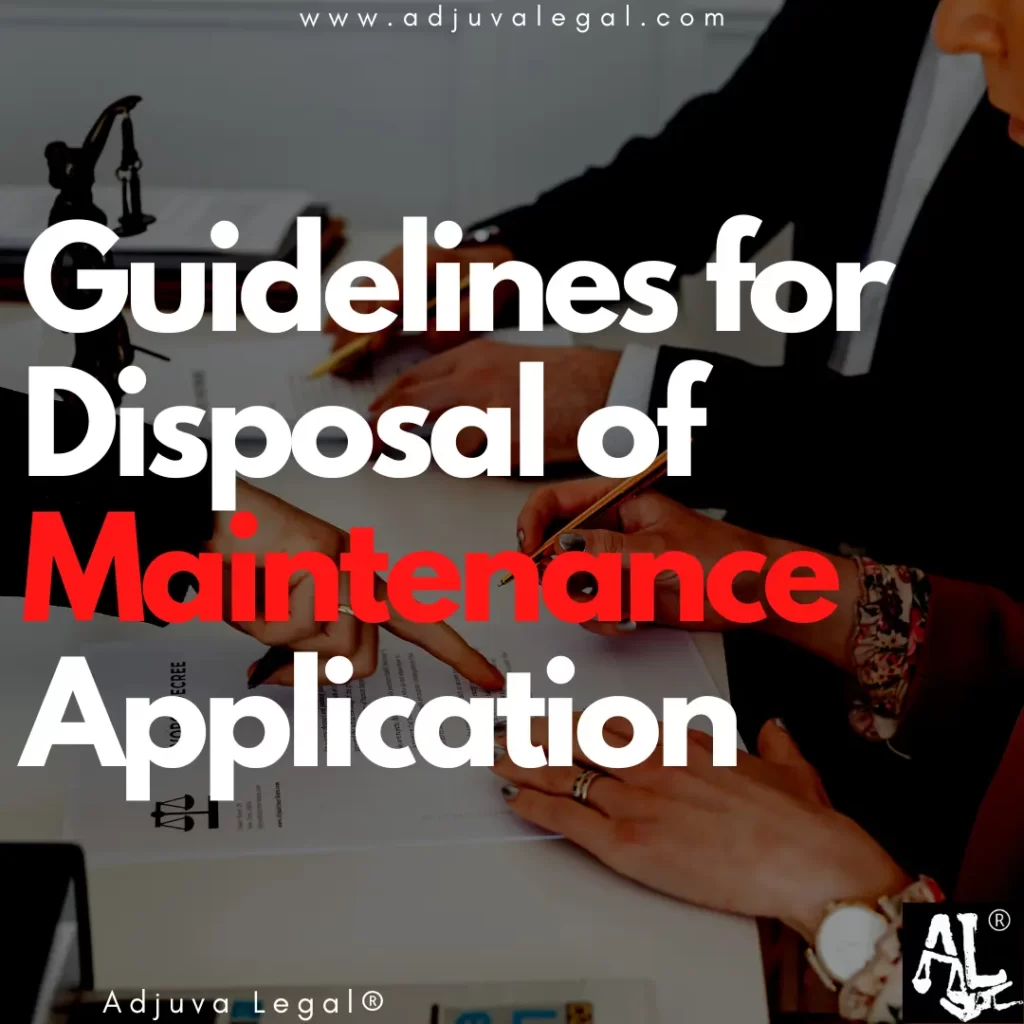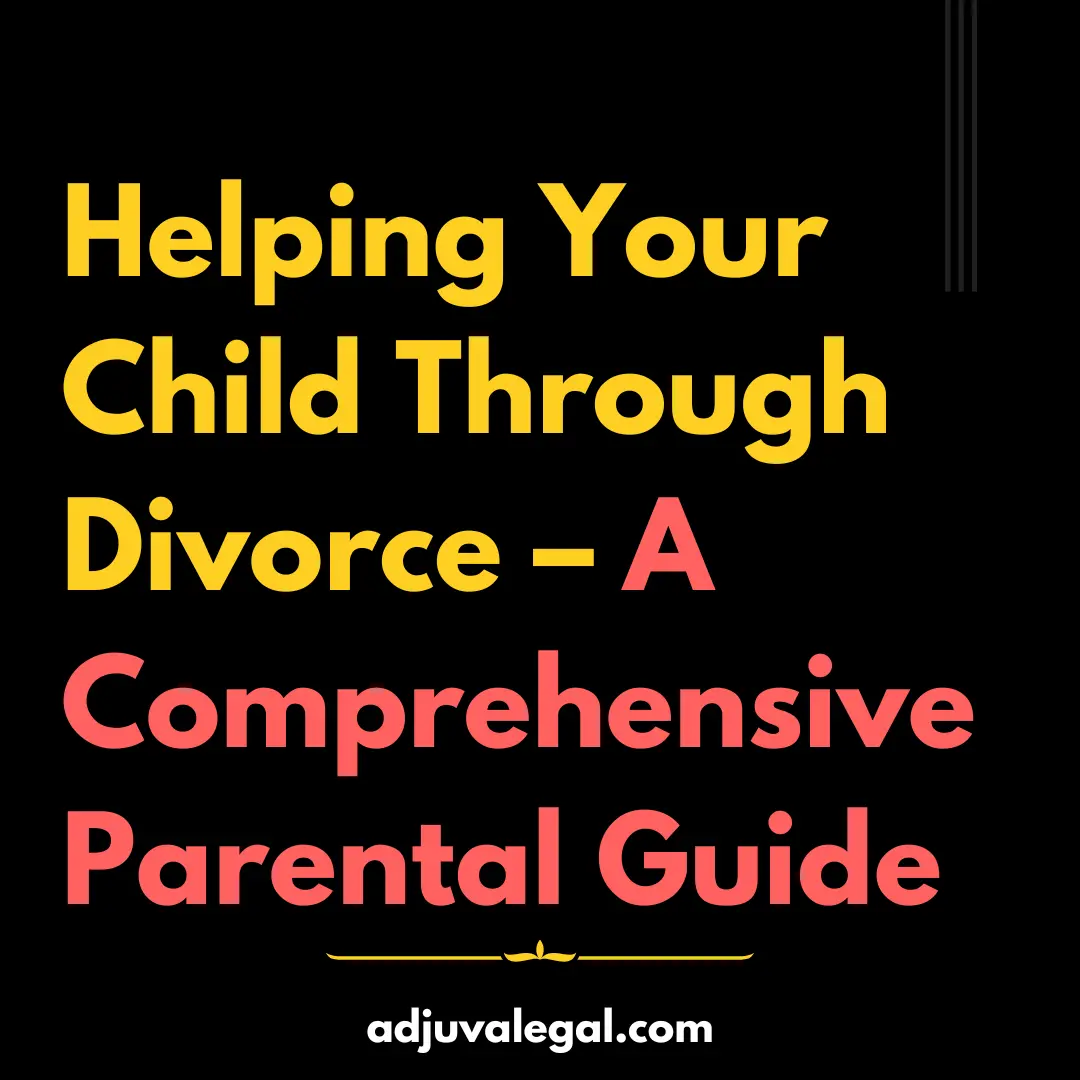Overview
The issue regarding the pendency of the maintenance petition, overlapping of jurisdiction, the multiplicity of cases and disposal of interim applications are working as a hurdle before this remedy. The right is for the ease of the victim and not for its use. The pendency of cases made it a permanent job of the petitioners to keep a check on the status of cases by presenting applications again and again for the disposal and relief sought. The problem was contemplated by Justices Indu Malhotra and R. Subhash Reddy in the case of Rajesh v. Neha. The division bench issued certain guidelines to be adhered to by the petitioner and competent court while dealing with a maintenance petition.
Guidelines expressed by the court
1. Issue of overlapping jurisdiction
The issue of the same suit pending in various Family Courts and conflict of judgments among courts were mushrooming in the system. Hence the bench affirmed certain directions to avoid any conflict in judgment and ensure steadiness. The directions are mentioned below:
- In case of any successive claims made by the party under separate statutes, the court will see if the amount awarded in the previous claim can be settled off or adjusted in the current claim.
- The party is obligated to admit before the court the previous proceedings and orders in those proceedings.
- The alteration required in the previous proceeding cannot be made in the subsequent proceeding. It must be made in the previous proceeding itself.
2. Methodology of prescribing amount for maintenance
The criteria to judge the quantum of maintenance are mentioned below:
- The financial condition of the Party
- Valid requirements of wife and dependent children
- Qualifications of applicant
- Education of applicant
- If the applicant is earning independently
- Is the earning of the applicant sufficing for her/his livelihood
- Marital status of the applicant before that marriage
- If the applicant was employed while the marriage was subsisting
- If the applicant has left her job for marriage and family
- Dependents of husband
- Any serious disability
- Recurrent expenditure
3. From when maintenance is to be awarded
The maintenance must be awarded from the date of filing the application for maintenance. The applicant has no control over the pendency of the case. Hence, it must be counted from the date of presenting the application.
4. Enforcement of maintenance order
The civil judge is obligated to pass the order for maintenance in the form of a money decree under Sections 51, 55, 58, and 60 read with Order XXI. It must be enforced under the following provisions:
- Section 28A of the Hindu Marriage Act, 1956;
- Section 20(6) of the Domestic Violence Act, 2005;
- Section 128 of Cr.P.C.
5. Payment of Maintenance
5.1. Interim
- Affidavits revealing the assets of the parties must be filed before the competent authority.
- An application, in brief, must be filed along with the declaration of the assets.
- The time limit for a respondent to reply is 4 weeks
- Any other permission is based upon the exigency of the case and the leave of the court.
- If the circumstances of any party have changed, it must submit a supplementary application admitting those changes.
- Court has the right to initiate the proceedings under section 340 Cr.P.C. or a proceeding for Contempt of Court if any party submits wrong or misleading information.
- An expert marriage counsellor must be available in every family court.
- The time period for courts for granting interim maintenance is four to six weeks.
5.2. Permanent Alimony
- The details of the living standards of the parties must be attested by some oral or documentary proof.
- Quantum to be awarded as permanent alimony must depend upon the duration of the marriage.
- Reasonable amount for the maintenance of children in the custody of the wife.
- Investments made by parents or grandparents will be kept under consideration.
Conclusion
The abovementioned guidelines were directed to make the proceedings more user-friendly. The bench embraced the notion of ‘Justice delayed is Justice denied’. It is segregated as per the applicability of different maintenance petitions applied under different laws. Right to maintenance must aid the victim rather than being a conduct of mental harassment in itself.
Author – Khushi Shukla, a student of Indore Institute of Law.
Disclaimer: The opinions expressed within this article are the personal opinions of the author. The facts and opinions appearing in the article do not reflect the views of Adjuva Legal and Adjuva Legal does not assume any responsibility or liability for the same.








